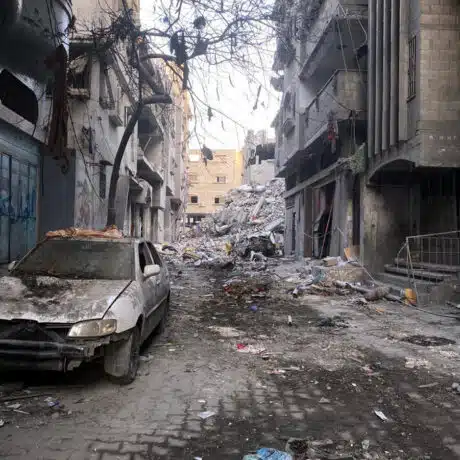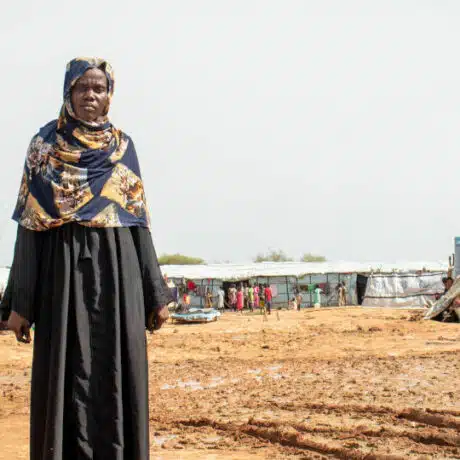News and Stories - Emergencies - 14 November 2018
Adolescent girls in crisis

Experiences of risk and resilience across three humanitarian settings
Today we’re launching our research in partnership with Monash University into the lives of girls living through some of the world’s most severe humanitarian crises. The report Adolescent Girls in Crisis: Experiences of Risk and Resilience Across Three Humanitarian Settings is the first of its kind to capture the voices and experiences of girls in the three of the world’s most troubled and volatile locations: South Sudan, the Lake Chad Basin and the Rohingya refugee camps in Bangladesh. It shows that adolescent girls are facing catastrophic consequences of conflict and displacement.
The findings were deeply distressing:
- One if four girls interviewed in South Sudan said they considered ending their lives in the last 12 months. The girls surveyed reported facing threats of murder, abduction, rape and sexual assault which often occur when they leave their homes to fetch food, water or firewood for their families.
- In Bangladesh, Rohingya refugee girls reported how they have been condemned to an isolated life where they spend almost 24 hours a day confined to their tiny tents in the stifling heat.
- The Lake Chad Basin research covering Niger, Nigeria and Cameroon shows that violence has infiltrated and permeated almost every aspect of girls’ lives. Girls spoke about the threat of attacks and kidnap by armed insurgents, and fear of rape and sexual violence on the streets and in their homes.
Adolescent girls often go unseen and unheard in times of crisis. Through this research Plan International hopes to bring girls’ voices forward. Girls want to learn, they want a say over their bodies and futures and they want to be heard.
The rest is up to us. As a humanitarian community to ensure that when we respond to crisis we make sure girls are heard. As politicians who can make sure adolescent girls aren’t lost in policies for children or women without recognising the unique challenges facing them. As a community who can share their voices far and wide to show that we will not ignore or forget the voices of girls in crisis.





